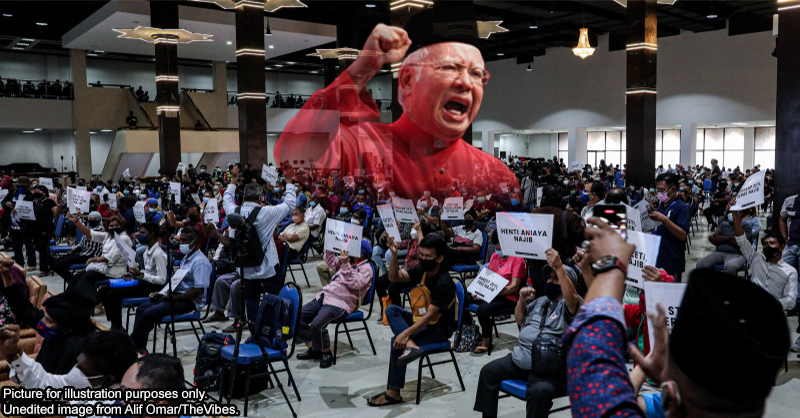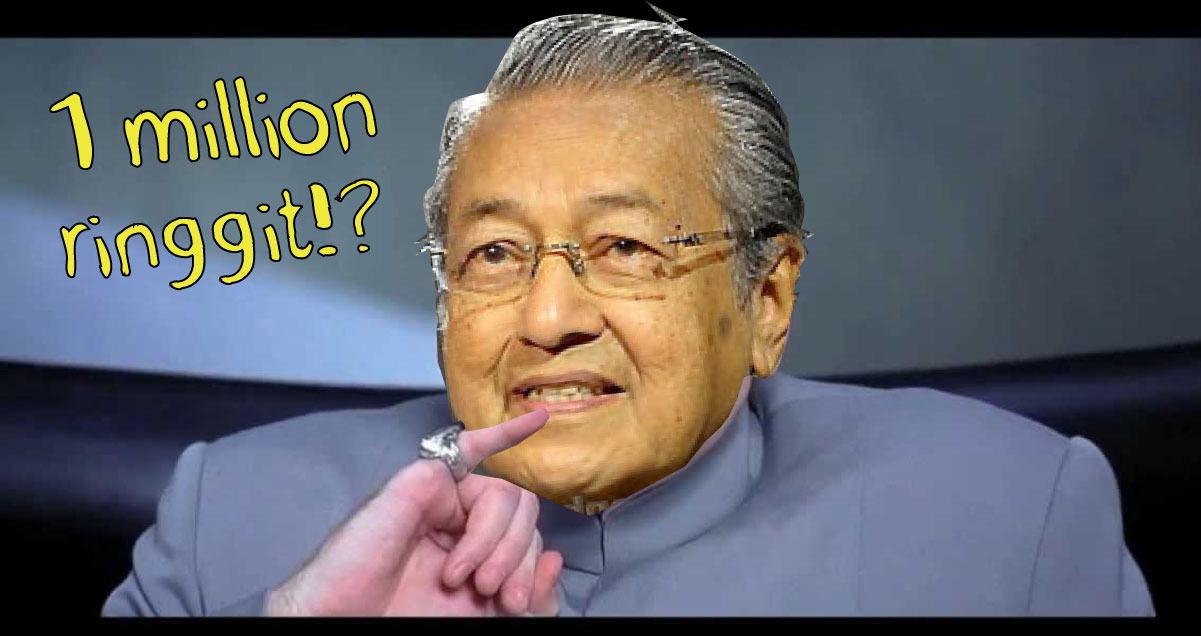Malaysian conman who allegedly cheated almost 7000 Malaysians served only ONE DAY in jail

- 2.1KShares
- Facebook1.8K
- Twitter16
- LinkedIn16
- Email45
- WhatsApp160
If there’s one thing that you need to know about fraud laws around the world, it’s this: generally speaking, the grander the scam, the greater the punishment.
For example: in 2008, an American entrepreneur by the name of Bernie Madoff was arrested for operating a massive pyramid/Ponzi scheme which conned investors out of an estimated $18 billion. His sentence? 150 years in prison.

In Malaysia however, despite heavy regulations by Suruhanjaya Syarikat Malaysia (SSM), scams have become a bit of a thing in the past number of years. Recently the High Court of Ipoh dismissed a bid by the victims of one of Malaysia’s biggest gold ‘scams’ ever to recover their losses following a decade-long legal battle, while the alleged perpetrators were given a relative slap on the wrist compared to Bernie’s sentence.
It all started with a company called Bestino Group Bhd
… which was founded in 2006 by a guy called Chong Yuk Ming, who, according to this blog post, ‘comes from the family who owns Batu Pahat Goldsmith’, an established and reputable Ipoh-based gold company that operate in Malaysia, Hong Kong, and Singapore. They also allegedly run a refinery in Papua New Guinea ‘awarded to them by their government’ (though ex-PKR secretary-general PS Jenapala has said that this is untrue). They also are said to own 3 factories producing natural oils.
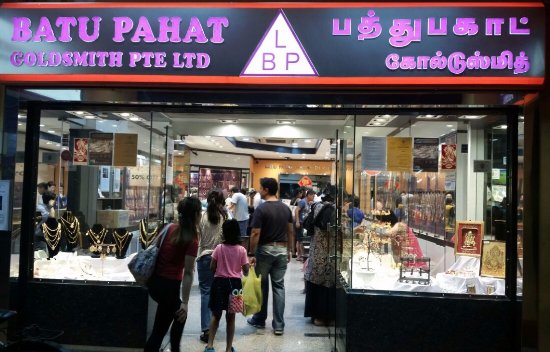
So how did a seemingly legit business end up getting tangled in a decade-long legal battle? Well, it all started around 2006 when Bestino began allegedly illegally collecting funds amounting to around RM411 million from 6,747 people as part of a gold investment scheme promising huge returns. Besides that, it also allegedly came with the promise that the company would sell off its gold bar assets if things went wrong.
Chong’s reputation was also one of the main reasons people believed and invested in him:
“He is a well-known man here; everybody knows Batu Pahat goldsmith Chong.” – Naluran, investor in Bestino’s gold investment sheme
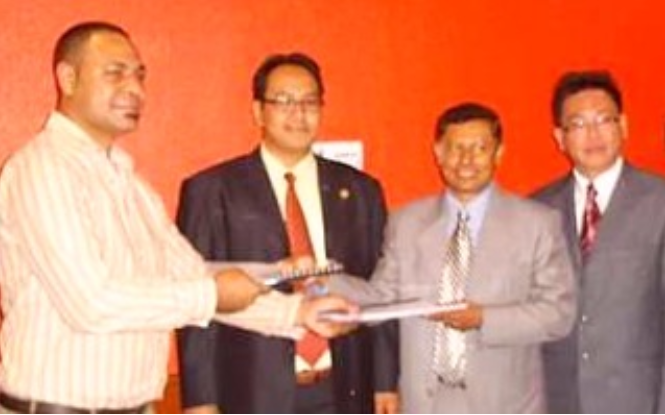
We couldn’t find much regarding the actual marketing plan itself, but from this blog post, it appears as if the investors were being paid a 3% monthly interest, which abruptly ended June 2009.
And this is where things started to get fishy. That same year, after a claimed lack of transparency and many failed promises from Chong, it became clear that investors were not getting their money back. Bestino got snitched on and their Ipoh premises were raided by Bank Negara Malaysia (BNM) and the Securities Commission Malaysia (SCM) on suspicion of illegal deposit-taking, illegal investment schemes, as well as the offering for subscription or purchase of preference shares. It was later dubbed ‘the biggest money laundering operations in the country.’
Mysteriously, BNM’s raid only managed to seize RM14 million
… which, obviously, was nowhere near the total of RM411 million taken from investors. So what happened to the remaining RM397 million?
Well, to be honest, no one really knows. There were rumours that Bestino was gambling it all away in Macau casinos, though this claim could not be properly verified. There was a small glimmer of hope for investors in 2012 after Chong promised that the money was stuck in Hong Kong and that he would return the money to all investors by April 30th of 2012:
“The funds are now in HSBC Hong Kong… We plan to pay back all investors by April 30 (2012).” – YM Chong, February 2012
In May of that year, Chong claimed that there was a hiccup in the process and he could not withdraw the money from Hong Kong, but still assured investors that they would get their money back:
“But be rest assured, the money is safe in Hong Kong… We will definitely pay back everyone.” – YM Chong, May 2012
Well, it’s now 2019, and this never happened.
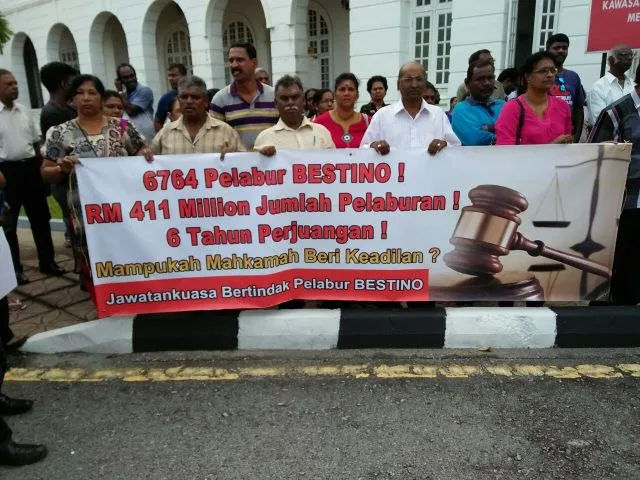
Needless to say, the investors were not happy. After they called on BNM to help them, BNM was quick to disavow Bestino, saying that it had no part in what was a ‘private agreement between the company and the investors’, and therefore could not do much. In desperation, the investors turned to then-Prime Minister Najib Razak for help, even going so far as to camp outside his office in Putrajaya (in the rain, no less)!
However, as we all know, Najib Razak soon found himself facing some legal troubles of his own, and so probably isn’t the best person to go to for help on this issue…
The Bestino directors would end up in court
… and the case of PP v. Bestino Group Bhd & Ors And Another was a go. In 2011, YM Chong and his co-directors were formally charged under the Banking and Financial Institutions Act 1989 (BAFIA), the Anti-Money Laundering and Anti-Terrorism Financing Act 2001 (AMLAFTA), as well as the Capital Markets and Services Act 2007.
In April of that year, the presiding judge allowed the prosecutor’s application for joint trial of the BAFIA and AMLAFTA charges (which would save everyone a lot of time), with bail set at RM1.5 million per accused. Their passports were also seized.
At the conclusion of the trial in 2017 (that’s 6 years!), the judge ruled that the prosecution had failed to prove a prima facie case against all defendants, and cleared them of all charges under BAFIA and AMLAFTA. Furthermore, the decision was upheld by the High Court in an appeal the following year.

However, despite being acquitted from the BAFIA and AMLAFTA charges, Chong and Balachandran a/l Shanmugam (former corporate advisor of Bestino Group Bhd.) were convicted this year under the Capital Markets and Services Act 2007 for distributing application forms for the company’s redeemable preference shares (RPS) without a copy of a prospectus registered with the SCM.
The sentence? Both were given only one day of jailtime, and were fined RM600,000 (in default six months’ imprisonment) and RM400,000 (in default four months’ imprisonment) respectively.
And as for the earlier mentioned court case that happened last week…
This wasn’t the first time the investors’ application has been dismissed
Since 2006, the investors have been working hard to regain their investments, to no avail. Appeal after appeal to various courts have been rejected. They first appealed to the High Court in 2017, but were dismissed after the judge ruled that they ‘should have filed a suit against the gold investment scheme company, and not against the defendants themselves’. The following year, they were dismissed again by the Court of Appeals (a step higher than the High Court), and last week, they were dismissed yet again by the High Court, this time without the judge giving a reason (they aren’t required by law to provide one).
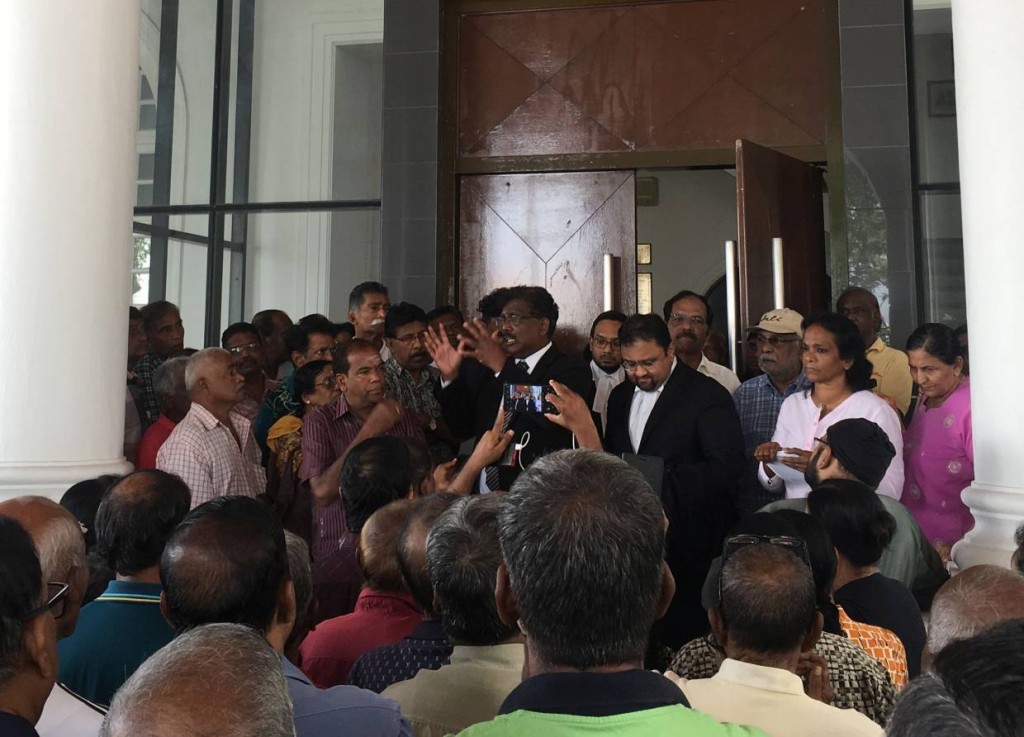
However, they aren’t giving up: their legal counsel believes that there is still a case, and will advise his clients to appeal again. The spokesperson for the investors also called on the government to introduce the Consumer Protection Act and Investors Protection Act, such as was the case in foreign countries, in order to prevent such a thing from occurring again:
“Bank Negara has released details about more than 70 scams in the country, so the government must do something about it.” – A. Gopalan Nair, spokesperson for the Bestino investors
Because sadly, this isn’t the only time gold investment schemes in Malaysia have gone wrong: there was the Royal Gold scam which involved around RM400 million, while Genneva Sdn Bhd was said by Putrajaya to have raised as much as RM10 billion (!) from 35,000 investors!
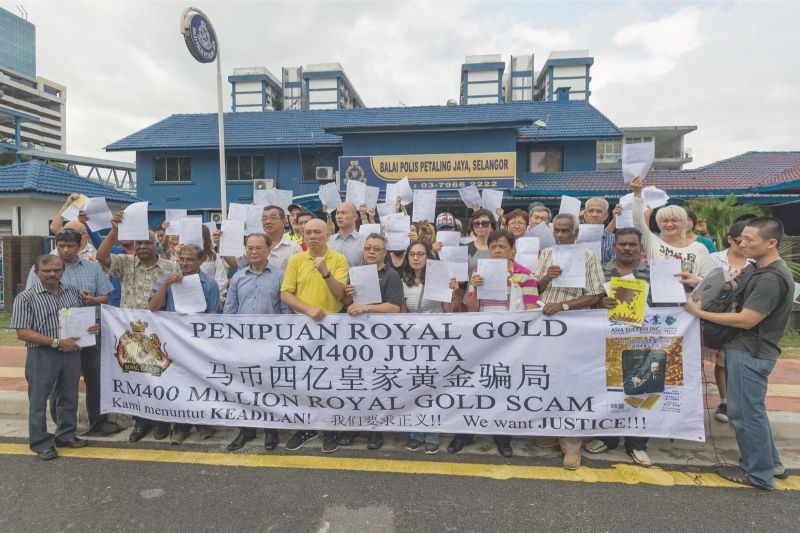
At the end of the day, no one likes to be scammed, and hopefully the perpetrators will be given due justice if indeed guilty, while the victims maybe one day get back their hard-earned money.
- 2.1KShares
- Facebook1.8K
- Twitter16
- LinkedIn16
- Email45
- WhatsApp160

